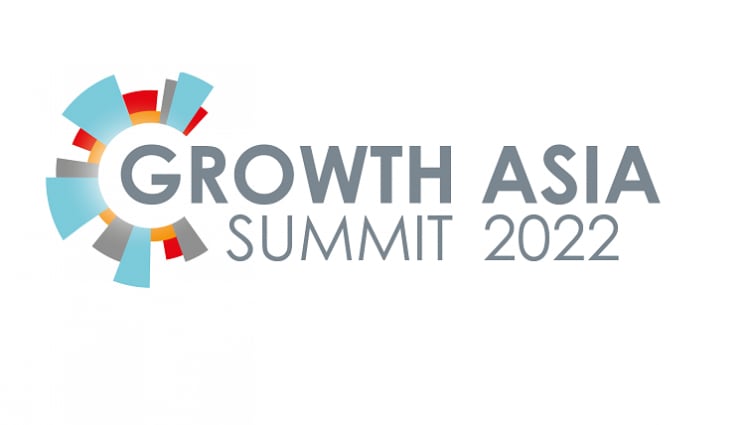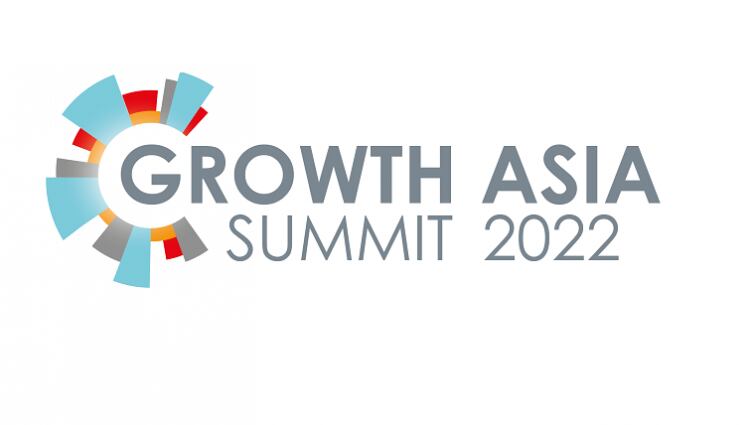NFTs for food safety? Tech could pave way for alcohol sector to offer luxury and authenticity in one fell swoop
Non-fungible tokens (NFTs) have been touted as a new-age way for premium alcohol brands to offer consumers a simultaneous luxury experience and authenticity guarantee, which could help solve some of the industry’s biggest food safety and fraud issues.
Since 2021, NFTs have become a rising trend within the luxury or ultra-premium alcohol sector, with many high-end brands such as Glenfiddich, Hennessy and Bacardi having launched NFTs in the last year to accompany the launch limited-edition products.
Johnnie Walker partnered with NFT specialists BlockBar, which has a strong focus on the alcohol sector and was the platform that launched the Glenfiddich and Hennessey NFTs.
Personalised nutrition significantly improved BMI, waistlines in obese Chinese adults – Amway-funded RCT
Personalised nutrition intervention could be more beneficial than conventional methods in improving the health statuses of overweight and obese Chinese adults.
With tailored nutritional advice, supplement intake and service, subjects involved in a 12-week RCT had better BMIs, body fat percentages, waist circumferences, blood lipids and uric acid levels.
The Amway-funded study titled “Personalized Nutrition Intervention Improves Health Status in Overweight/Obese Chinese Adults: A Randomized Controlled Trial” was published in the journal Frontiers in Nutrition.
“Most population strategies to reduce the burden of non-communicable diseases have used conventional ‘one size fits all’ public health recommendations throughout the past decades, but with limited efficacy," said the researchers.
Clear and present labels: Thailand mandates GMO declarations in latest food labelling regulatory update
The Thai government has announced several updates to the national food labelling regulations with food firms required to declare any use of genetically modified ingredients on food labels.
Previously, Thailand did not have specific regulations in place to govern the labelling of genetically modified ingredients on food product packages, but recently the Thai Ministry of Public Health announced that all food manufacturers handling GM products must now declare their use of these on their labels.
“The clear statement ‘genetically modified’ must be declared alongside the food name on the label if the product contains only one ingredient, and if it uses multiple such ingredients these must also be clearly declared accordingly alongside each ingredient,” Thailand Deputy Minister of Public Health Dr Satit Pitutecha said via a formal statement.
‘Pressure to perform’: Thai Union on how it hopes to raise credibility of sustainability initiatives - Exclusive
Seafood major Thai Union has taken the unprecedented step of partnering with NGO Sustainable Fisheries Partnership (SFP) and opening up its entire supply chain for auditing under the body’s internationally recognized Seafood Metrics system, to boost the credibility of its sustainability initiatives.
Thai Union has placed a great deal of focus on developing its sustainability strategy Seachange, covering initiatives spanning climate change, food chain traceability, employee rights and more, with its efforts having earned it second place on the Dow Jones Sustainability Indices (DJSI) last year.
Seachange is undergoing a revamp later this year, but in the meantime Thai Union has decided to work on not just improving the actual sustainability initiatives it is implementing but also on how to improve the credibility of its work in the eyes of both consumers and trade partners alike.
Obese women with high intake of vitamin C and B6 associated with lower breast cancer risk – cohort study
Obese women who took vitamin C and B6 at amounts that exceeded the recommended daily intake levels were associated with a lower risk of breast cancer, according to a five-year long South Korean cohort study.
The study was conducted by Hanyang University, with the findings published in Nutrients recently. It assessed the relationship between micronutrient intake and breast cancer risk using a standardised semi-quantitative food frequency questionnaire (FFQ).
A total of 103 food items, excluding dietary supplements, were included in the FFQ to assess the women’s intake of micronutrients from their diets.
A total of 40,432 women without a history of cancer were included to take part in the survey. These women were selected to take part in the survey based on the Korean Genome and Epidemiology Study (KoGES).





